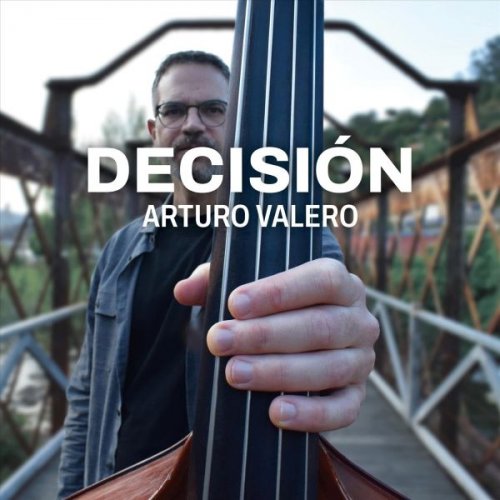Duke Ellington - Black, Brown and Beige (Bonus Track Version) (1958/2019)
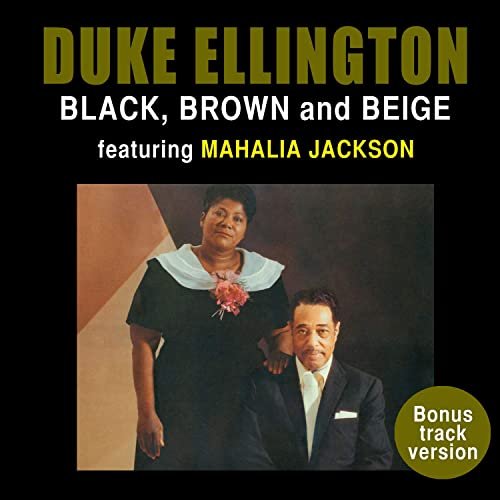
Artist: Duke Ellington
Title: Black, Brown and Beige (Bonus Track Version)
Year Of Release: 1958/2019
Label: New Jazz Society
Genre: Jazz
Quality: 320 kbps | FLAC (tracks)
Total Time: 01:18:38
Total Size: 180 mb | 418 mb
WebSite: Album Preview
Tracklist:Title: Black, Brown and Beige (Bonus Track Version)
Year Of Release: 1958/2019
Label: New Jazz Society
Genre: Jazz
Quality: 320 kbps | FLAC (tracks)
Total Time: 01:18:38
Total Size: 180 mb | 418 mb
WebSite: Album Preview
01. Duke Ellington - Part I
02. Duke Ellington - Part II
03. Duke Ellington - Part III (Aka Light)
04. Duke Ellington - Part IV (Aka Come Sunday)
05. Duke Ellington - Part V (Aka Come Sunday Interlude)
06. Duke Ellington - Part VI (23Rd Psalm)
07. Duke Ellington - Portrait of Ella Fitzgerald (Bonus Track)
08. Duke Ellington - Mood Indigo (Bonus Track)
09. Duke Ellington - Sophisticated Lady (Bonus Track)
Duke Ellington originally wrote the 50-minute Black, Brown and Beige in 1943 for a Carnegie Hall concert, where critics dismissed it as overreaching for a jazz composer. Over the next 15 years, he periodically resurrected it for performances of excerpts or, as in the case of his 1958 Columbia album, transmuting it into what was essentially a new work. Columbia's Black, Brown and Beige was one of the most extraordinary products of Ellington's second stay with the label, growing out of his 1956 Newport triumph, and it was received somewhat more readily than the original 1943 "Black, Brown and Beige." The main problem for those who knew the piece and its history lay in the absence of Johnny Hodges, who was hardly ever with the Ellington band during 1958, and on whose talents "Come Sunday," the centerpiece of the original work and even more the core of the revamped Black, Brown and Beige, was built. Instead, Mahalia Jackson sings a version of "Come Sunday" that is, if anything, equally affecting, backed by the orchestra led by Ray Nance's violin. The result on the original album was a piece that started off in big band-style blues and led to one of Ellington's most moving, wrenching pieces of work, and music that, had it been better known, might also have done more to raise people's consciousness about Civil Rights than 100 folk songs of the period.
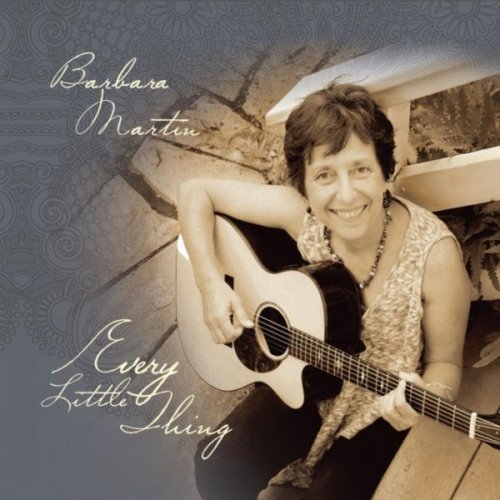
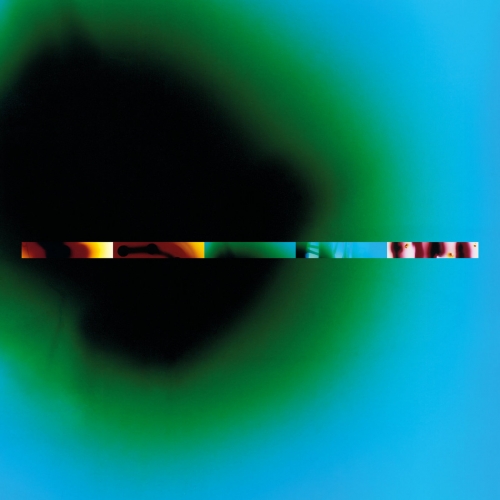
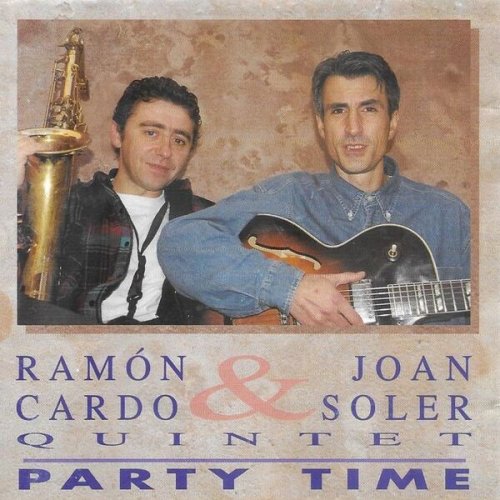
![Larry Coryell - Major Jazz Minor Blues (1998) [CDRip] Larry Coryell - Major Jazz Minor Blues (1998) [CDRip]](https://www.dibpic.com/uploads/posts/2026-02/1771860317_5.jpg)
![Magda Mayas' Filamental - Murmur (2026) [Hi-Res] Magda Mayas' Filamental - Murmur (2026) [Hi-Res]](https://www.dibpic.com/uploads/posts/2026-02/1771663724_i3cjtptz4ae2l_600.jpg)
![Double Drums, Philipp Jungk & Alexander Glöggler - All You Can Beat (2026) [Hi-Res] Double Drums, Philipp Jungk & Alexander Glöggler - All You Can Beat (2026) [Hi-Res]](https://www.dibpic.com/uploads/posts/2026-02/1771946421_folder.jpg)
![Marius Neset - Time to Live (2026) [Hi-Res] Marius Neset - Time to Live (2026) [Hi-Res]](https://www.dibpic.com/uploads/posts/2026-02/1771945711_folder.jpg)
![Martin Listabarth Trio - In Her Footsteps (2026) [Hi-Res] Martin Listabarth Trio - In Her Footsteps (2026) [Hi-Res]](https://www.dibpic.com/uploads/posts/2026-02/1771946819_folder.jpg)
